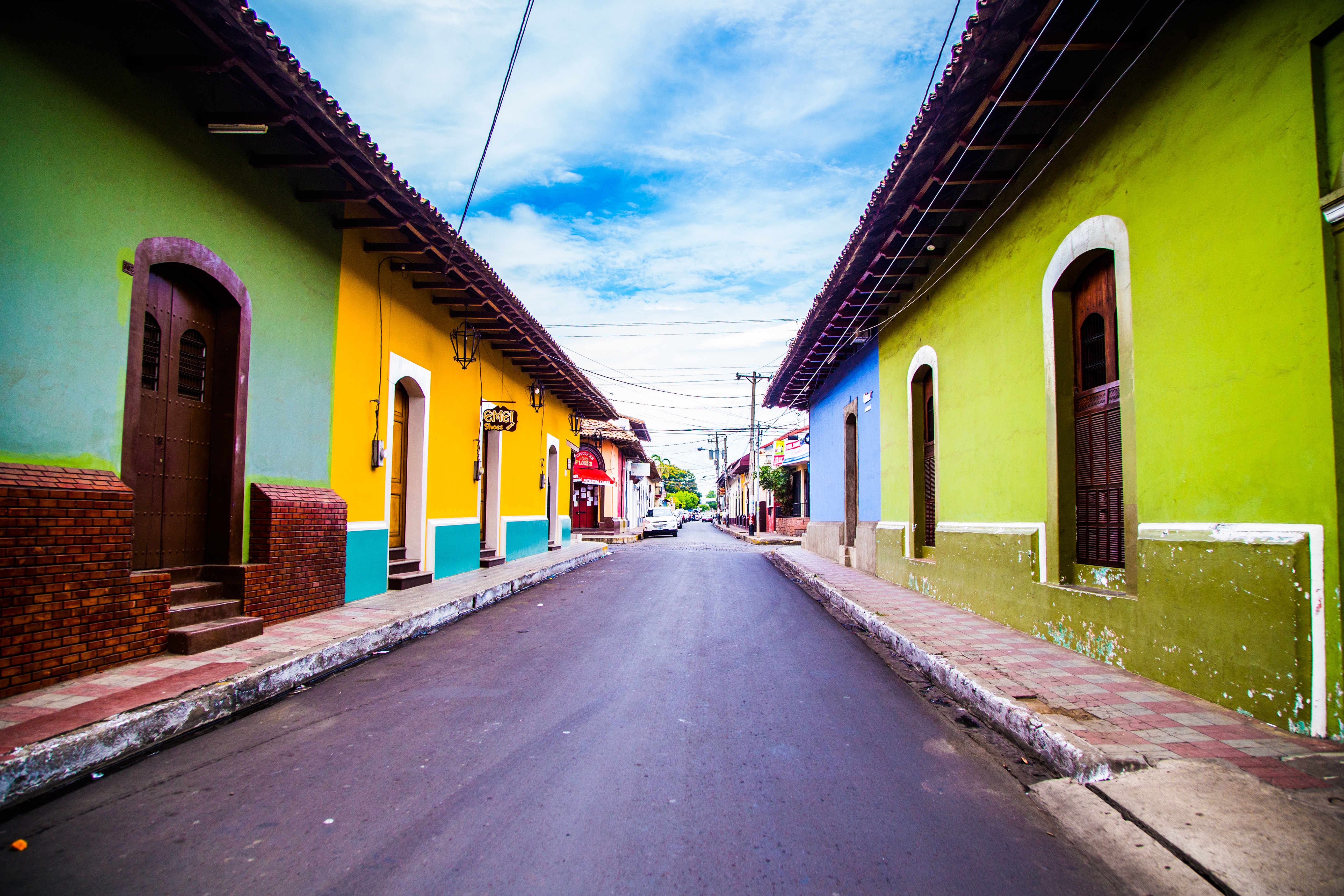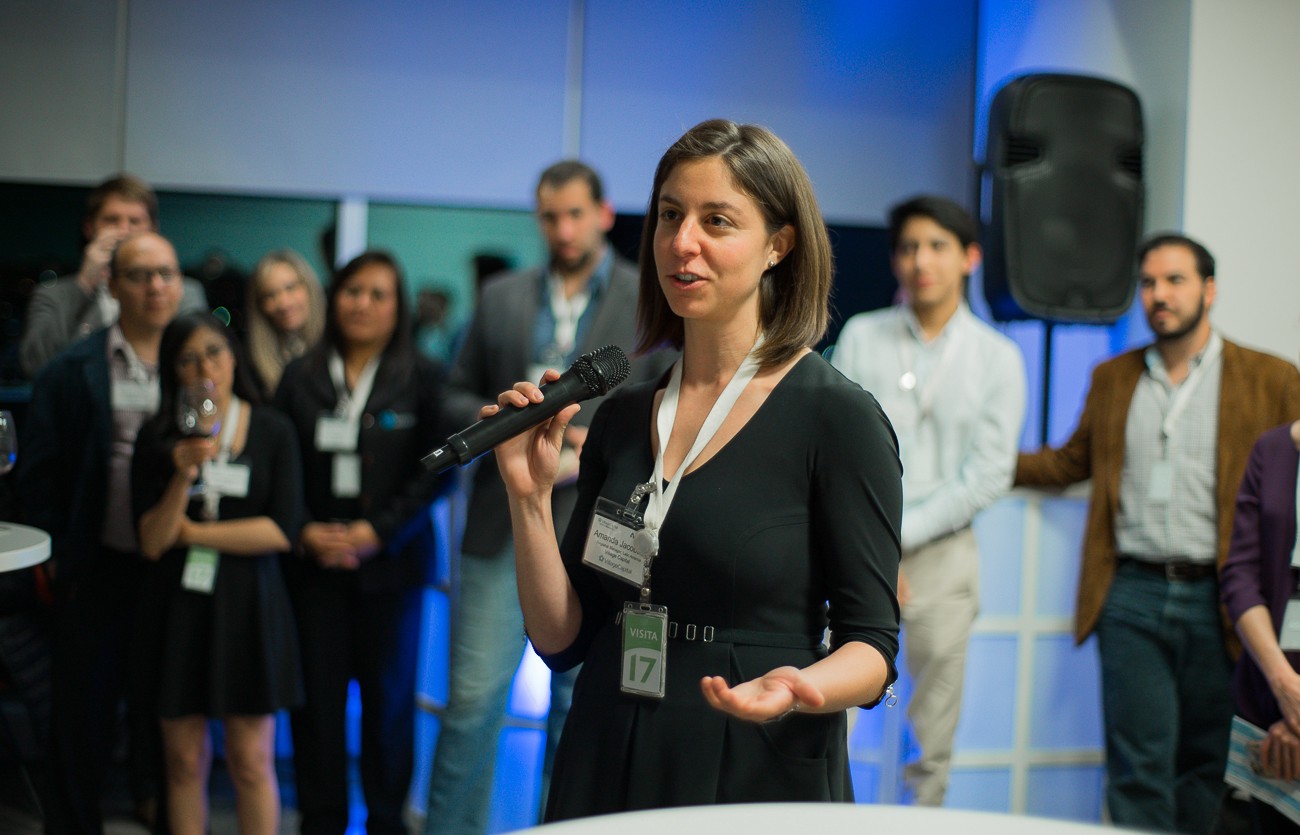Sometimes the best ideas happen while sharing a meal. In the case of GroupRaise, it’s not just ideas that get shared, but a percentage of the profits as well. GroupRaise is a fundraising organization that partners with restaurants across 50 states to offer time slots where local organizations and international charities can book fundraisers in a few clicks. But most people don’t realize that GroupRaise is one of the most cost effective ways of getting new clients into the restaurant and getting them to come back again. Of 100 people who go to a GroupRaise, 40 are new clients, 82 spend more than average and 96 come back in the future!
On this episode of Crossing Borders, Sean Park, one of the GroupRaise co-founders, joined me at the Magma Partners office in Chile to talk about how he helped start the tastiest way to change the world. This is a great conversation I think you will enjoy!



